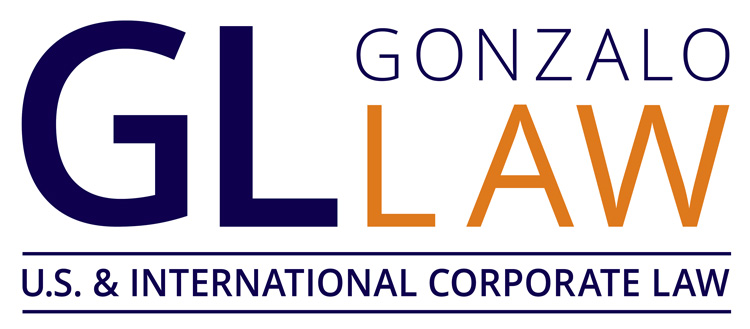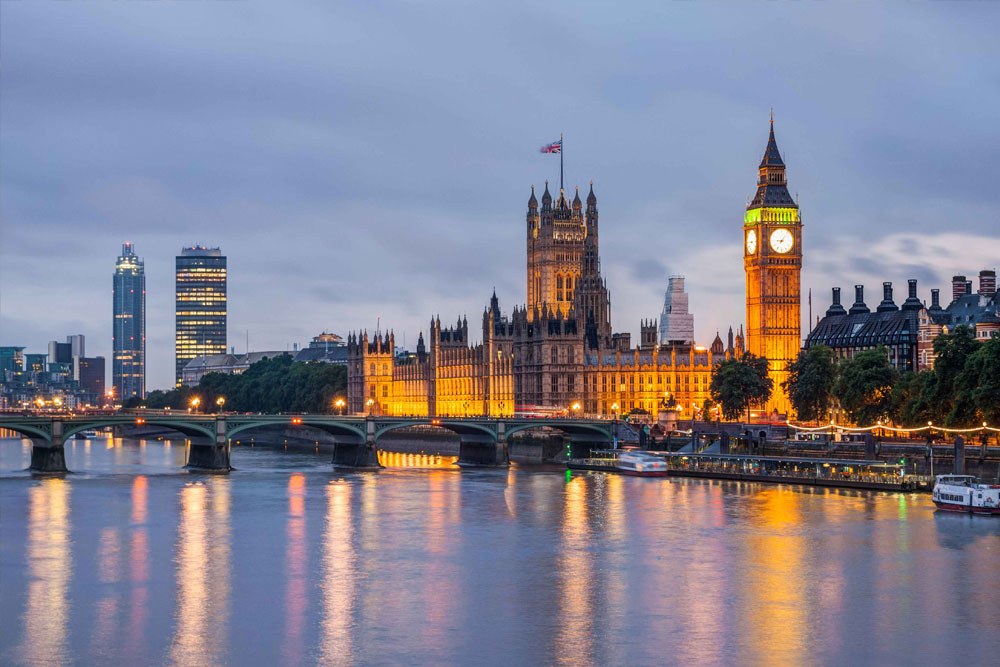As the accuracy and precision of technology improves, tech companies struggle to answer unavoidable and complex questions. Whether they want to or not, companies face the challenge to find a balance between the privacy rights of individual users and the national security interest of the entire public. This is most clearly demonstrated in the current stand-off between the federal bureau of investigation (FBI) and leading tech company, Apple, due to Apple’s encryption software.
The basic facts are that the FBI compelled Apple, through a court order, to decrypt an iPhone used by Syed Rizwan Farook in terrorist attacks in San Bernardino, California. Farook was one of two shooters involved in the attacks. The FBI believes relevant information belonging to the attackers will be found in the phone. Apple appealed the order, alleging that it “would set a dangerous precedent for government intrusion on the privacy and safety of its citizens.” Apple believes that “protecting security and privacy of hundreds of millions of iPhones is the right thing to do.”
In its defense, Apple representatives asserted that shortly after the attacks, Apple offered the assistance and advice of its engineers to law enforcement. However, the FBI was ultimately unable to obtain data from the iPhone in question due to a change of the password. FBI Director, James Comey, admitted in a hearing in front of the House Judiciary Committee, that the FBI made a “mistake” in the way it handled the phone immediately following the attacks. At that time, the FBI asked San Bernardino county officials to change the password on Farook’s phone. Apple’s software on the phone was designed to prevent access to the encrypted data when a user fails to type the correct password after several attempts. By trying to reset the password, the FBI locked the operating system in the phone and lost all opportunities to access electronic information stored in it without the assistance of Apple.
With time, the situation has become more complicated for both Apple and the FBI. The arguments in favor and against multiply with every passing minute. The primary question relates to the right to privacy and national security. Should tech companies, Apple in the present case, have the right (and power) via encryption software to bar law enforcement authorities from obtaining electronic information that may be considered evidence of crime? Should law enforcement force tech companies like Apple to cooperate with investigations and comply with requests to break encryption software under the national security argument? The FBI alleges that the decryption request is for Farook’s phone only; however, it seems difficult to narrow such a request solely to this specific case. This is because surely there will be similar cases in the future compelling the same collaboration from tech companies. The concern of Apple is that giving the government access defeats the purpose of encryption and its security features and this will put the personal information of every iPhone user at risk.
In the present case, Apple argues that it is unable to decrypt the phone because security features require the creation of a new product that does not exist to gain access to electronic information stored in the device. In response to that argument, the FBI has stated that Apple only has to create a software that would weaken the encryption. This would allow the FBI to unlock the operating system to access the electronic information on the device in question. The parties involved are at a point of impasse that perhaps only the courts can resolve. The encryption system created by Apple has its advantages and disadvantages as shown by the facts of the case.
The case is currently being argued in the courts. Congress, if it decides to act, will have multiple obstacles to resolving the matter through legislation. The battle between Apple and the FBI is likely a precursor to future confrontations. Similar cases will follow as tech companies develop stronger products that prevent law enforcement access. Both sides have valid arguments that require deep analysis. However, regardless of who wins the current battle; technology will constantly change and law enforcement may have to evolve with it.
References:
- FBI Error Locked San Bernardino Attacker’s iPhone, by Cecilia Kang and Eric Lightblau, http://www.nytimes.com/2016/03/02/technology/apple-and-fbi-face-off-before-house-judiciary-committee.html?_r=1 (Last visited 3/2/16).
- FBI Director: ‘A mistake was made’ in handling San Bernardino Shooter’s iPhone, by Seung Lee, http://www.newsweek.com/fbi-director-mistake-was-made-handling-san-bernardino-shooters-iphone-432172 (Last visited 3/2/2016).
- Apple questions FBI’s right to compel creation of anti-encryption software, by Erin Kelly, http://www.usatoday.com/story/news/2016/03/01/apple-fbi-face-off-house-hearing-encryption/81111440/ (Last visited 3/2/16).








